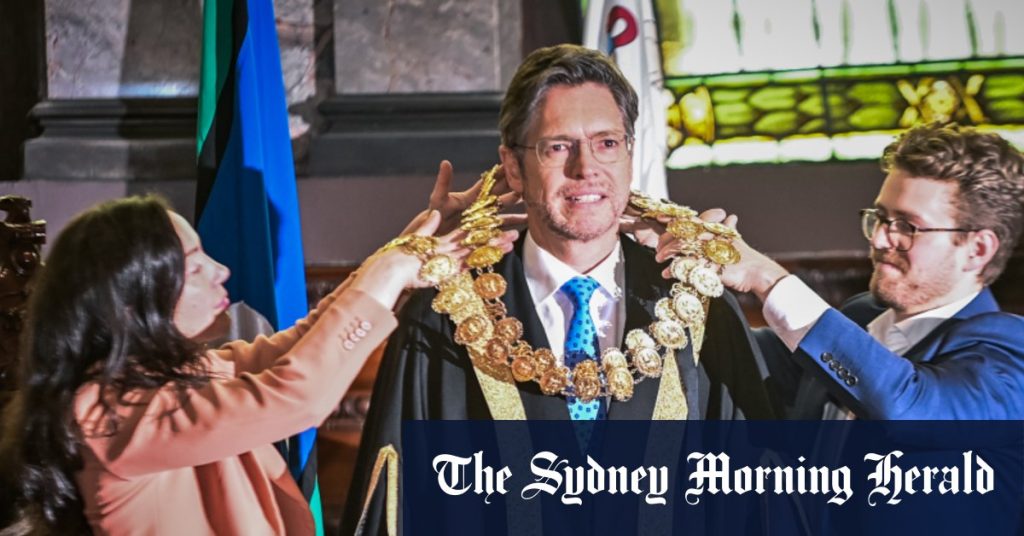The recent mayoral election in Melbourne has sparked controversy and raised concerns about the influence of property developers on local politics. At the heart of the debate is Lord Mayor Nicholas Reece and his campaign’s acceptance of substantial donations from individuals and entities linked to the property development industry. This has drawn scrutiny because Reece had publicly pledged not to accept donations from property developers operating within the City of Melbourne. The revelation of these donations has called into question the transparency and integrity of the city’s electoral process.
One of the most contentious instances involves a $25,000 donation from the Marriner Group, the operator of the Regent Theatre. This donation came just a week before Reece proposed selling the theatre to raise funds for the arts, raising concerns about a potential conflict of interest. The public was unaware of this donation at the time of voting, leading to questions about whether the outcome might have been different had voters been privy to this information. Further fueling the controversy are donations from prominent figures in the property sector, including Alan Schwartz, founder of Trawalla Property Group, and his wife, Carol Schwartz, a former director of the Property Council of Australia. Harry Stamoulis, another donor, is involved in the redevelopment of the Coates Building on Collins Street.
While Reece defends these donations by arguing that the donors are property owners rather than developers, and that some signed declarations confirming they were not developers within the City of Melbourne, the controversy persists. The distinction between “owner” and “developer” has become a focal point of the debate, highlighting the complexities of regulating political donations and the potential loopholes within existing legislation. Critics argue that Reece’s pledge should have encompassed all individuals and entities with significant financial interests in property development, regardless of their primary business designation.
The scale of Reece’s campaign donations has also drawn attention. They significantly surpass those of his predecessor, Sally Capp, and even dwarf those of his main challenger, “Team Kouta,” which was perceived as having considerable financial resources. This disparity raises questions about the potential for undue influence and the uneven playing field created by large donations. Furthermore, the incident underscores the inadequacy of current disclosure laws, which fail to provide real-time transparency, thereby hindering voters from making informed decisions based on the full picture of campaign financing.
The controversy surrounding Reece’s campaign donations echoes broader concerns about the influence of the property development industry in Victorian politics. The Independent Broad-based Anti-corruption Commission (IBAC), in its Operation Sandon report, had already recommended prohibiting donations from high-risk groups, including property developers. The Reece case reinforces the urgency of this recommendation, demonstrating how current regulations are insufficient to prevent potential conflicts of interest and maintain public trust in the political process. While the legality of Reece’s donations is not in question, the ethical implications and the perceived compromising of his pledge have eroded public confidence.
This incident serves as a stark reminder of the need for comprehensive campaign finance reform. Real-time disclosure of donations is crucial for transparency and accountability, allowing voters to understand the financial interests behind political campaigns. Furthermore, a more stringent definition of “property developer” is required to close loopholes and prevent individuals and entities with significant development interests from circumventing donation bans. The outdated postal voting system also warrants scrutiny, compounding the deficiencies in the current electoral framework. Ultimately, these issues highlight the need for a comprehensive overhaul of campaign finance regulations to ensure fairness, transparency, and public trust in the democratic process.

